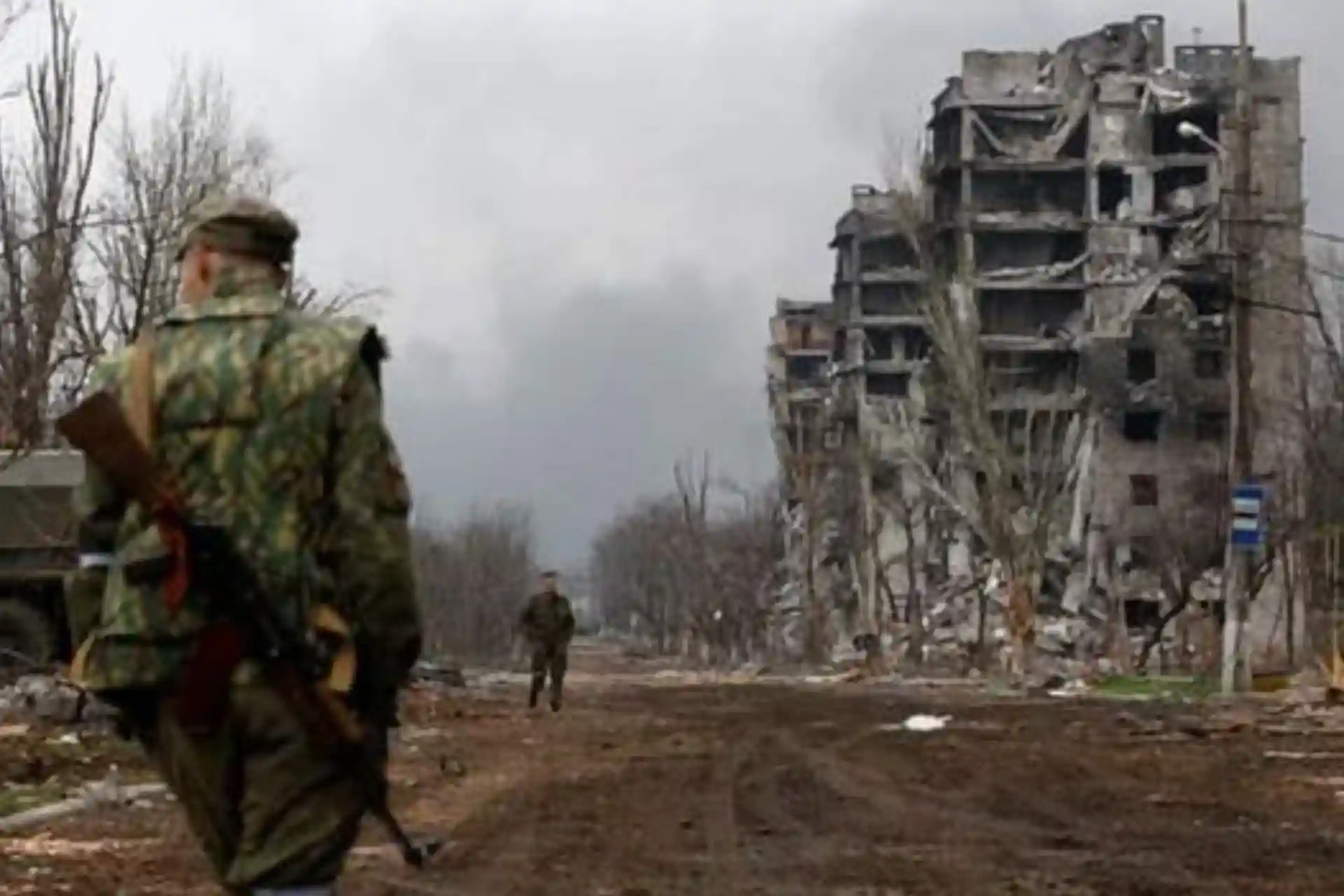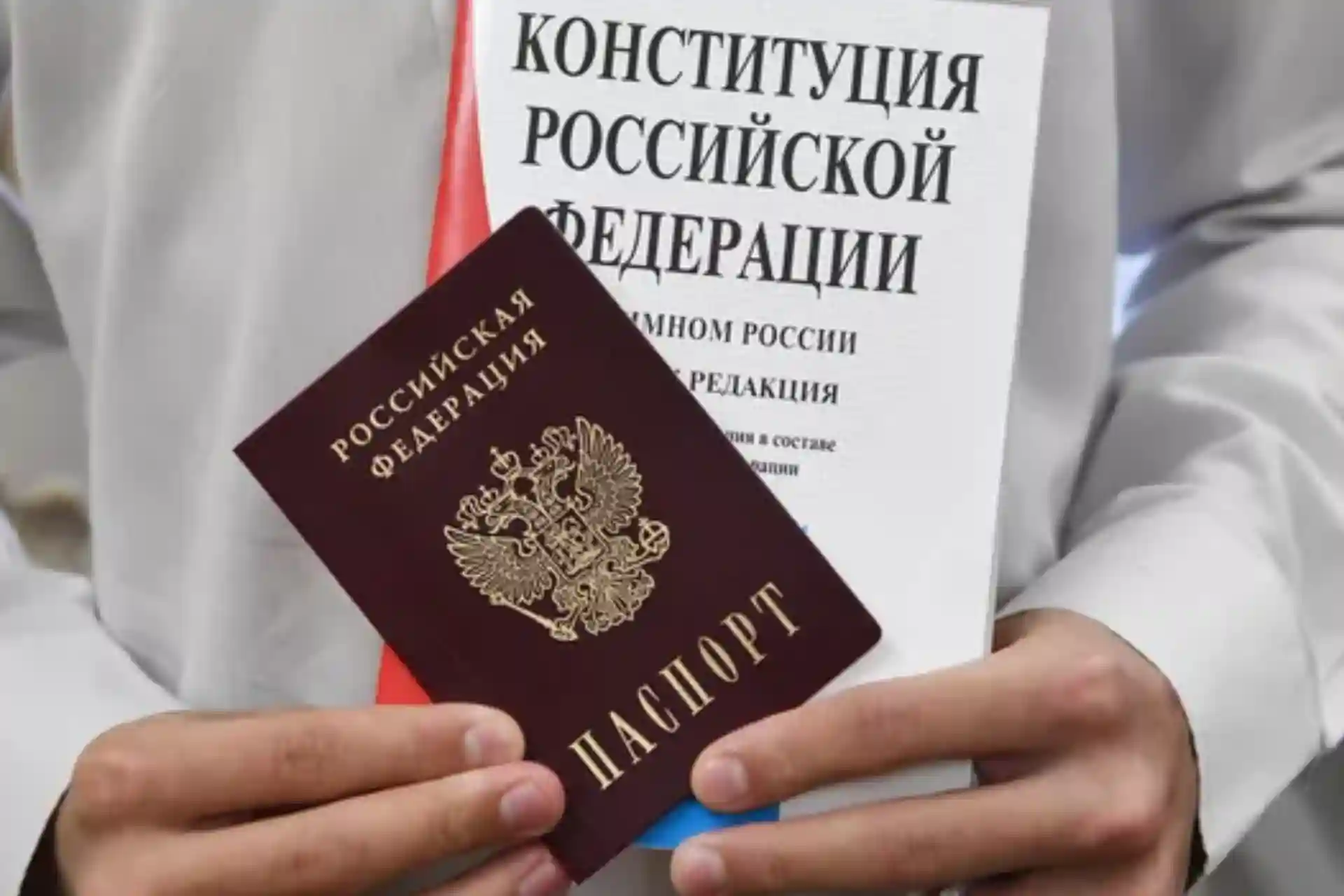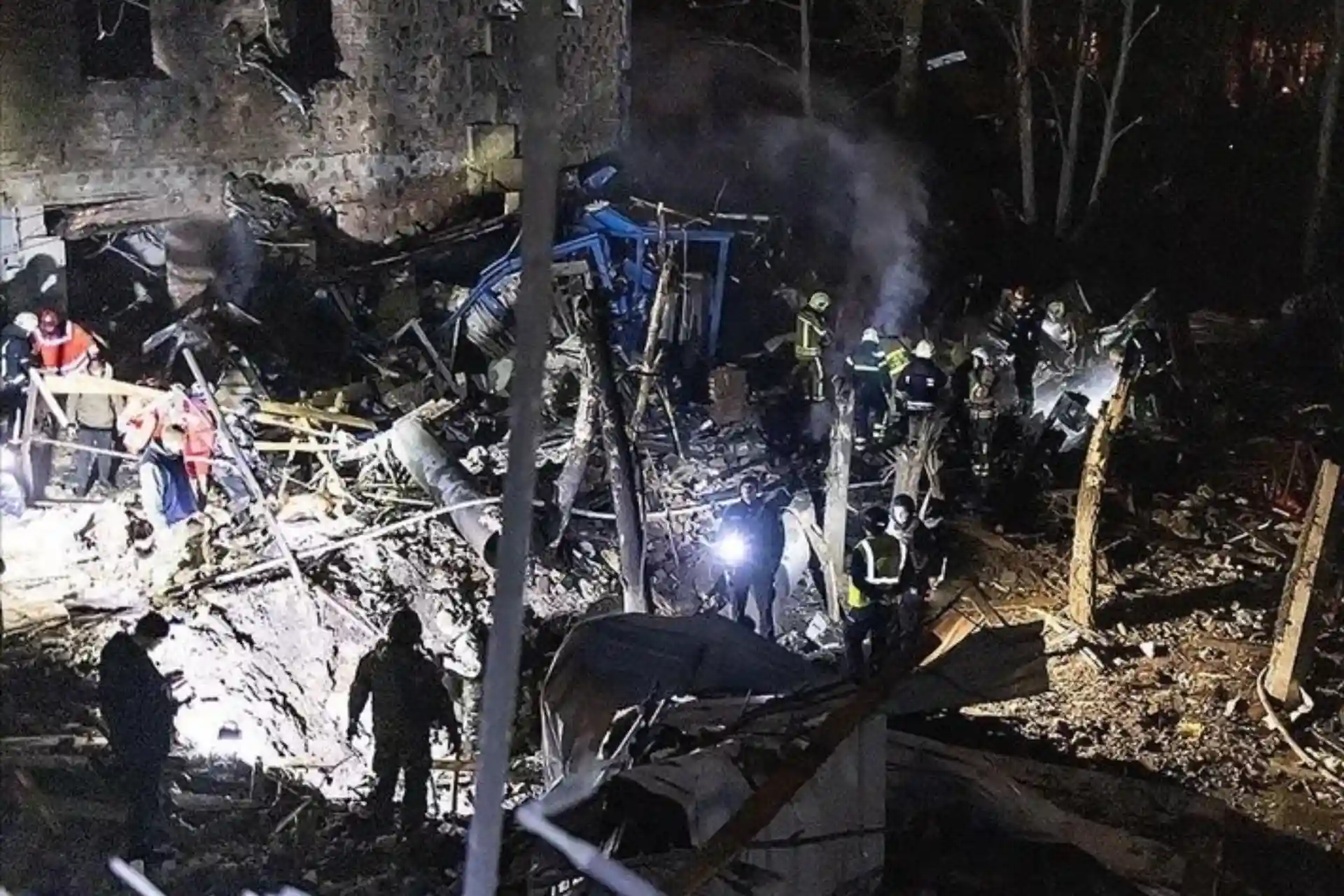05.12.2024 15:49
1308
Russia-Ukraine War: Ordinary People Want Peace. Leaders should listen to them
Polls conducted by "Gallup", "Levada" and other think tanks revealed that the majority of Russians and Ukrainians believe that a peace agreement should be reached. The situation at the front did not indicate this either. The chances for peace have never been higher. Are the parties making good use of it?
There are some positive news about the war in Ukraine. A recent poll by Gallup shows that the majority of Ukrainians want peace talks to begin as soon as possible.
Fifty-two percent of those polled rejected the call for military victory over Russia, which Ukrainian President Volodymyr Zelensky and Western governments have made a central policy focus.
This is a significant change from two years ago, when only 27 percent of the population supported the idea of peace talks.
Over the past two weeks, there has been a dangerous military escalation on both the Russian and Ukrainian sides. The Biden administration has authorized Ukrainian forces to direct US medium-range missiles at targets in Russia. The United Kingdom followed the same path for the Storm Shadow missiles, which were initially given to Ukraine with restrictions.
Zelensky immediately ordered his forces to launch missiles. Russian President Vladimir Putin is also stepping up the escalation. Last week, he said that Russia reserves the right to attack targets in countries that supply weapons to Ukraine, and openly threatened that Russia could use nuclear weapons.
To demonstrate his intentions, he launched an intercontinental ballistic missile capable of carrying nuclear warheads into Ukrainian territory.
Also, the number of troops on the battlefield has increased. About 10,000 North Korean troops have been deployed by Russia near the front line, and ministers from the Baltic states and other northern NATO members met last week to discuss sending troops to Ukraine.
The dangerous path to direct nuclear war between Russia and NATO is one step closer.
Cyprus model
Any action that averts the impending disaster is to be applauded. That's why Gallup's new pro-peace poll is encouraging.
Other surveys have shown similar results. But what kind of peace deal is expected? In a Gallup poll, most people agree that Ukraine would agree to lose part of its territory in the east in exchange for an end to Russian aggression.
Ukraine will not have to give up its legal sovereignty over the territories occupied by Russian troops in Donbass and Crimea, but it will have to admit that it has lost control.
An example of this situation is the Cyprus model. It has been exactly 50 years since Turkey (a member of NATO) attacked Cyprus and occupied 37% of the island.
Later, the UN organized a population exchange, according to which all the Turks left the southern part of the island, and the Greeks left the northern part. Turkey established a state in northern Cyprus and still maintains 40,000 troops there, but no other country recognizes it.
The UN mission patrols the buffer zone. Peace reigns on the island for more than 40 years.
Several Western analysts have suggested a "peace for land" deal in Russia's war against Ukraine since the beginning of the conflict. However, it was difficult for their opinions to be given attention and space in the mass media. Just as accusations of anti-Semitism are used to intimidate critics of Israel's policies in Gaza, supporters of a ceasefire and talks in Ukraine are being attacked as "pro-Putin".
The Ukrainian survey shows that this accusation is groundless. 52% of Ukrainians cannot be "pro-Putin".
Their criticism of Zelensky's goal of winning over Russia is motivated by realism. In the early days of the war, everyone, especially Putin, was impressed by the courage and determination of the Ukrainian forces as they managed to stop Russian tanks moving south to capture Kiev and west to capture Kharkiv.
But after a few weeks, the conflict turned into trench warfare, in which the outnumbered Russian forces always had the upper hand.
A frozen conflict
The continuation of the war will not lead to Putin's defeat. This will only condemn thousands more Ukrainian soldiers to death. This means more cities will be destroyed by artillery, rocket and drone attacks. The war is delaying the day when millions of Ukrainian refugees can return home.
Western correspondents in Ukraine wrote with admiration and sympathy for the determination of the Ukrainian forces. But in order not to lower morale, they hardly talked to people who were in favor of negotiations.
But this self-restraint is now waning. Reporters are now reporting on scores of young Ukrainians trying to evade military service. They quote senior officials and Ukrainian army generals as saying "personally" that the war is a frozen conflict and that Ukraine will have to accept that it has lost territory.
How can negotiations begin?
Putin expressed interest in a ceasefire only after Ukraine surrendered. His troops are gaining ground in Donbass, and he clearly doesn't want that to stop. He also wants to retake Russia's Kursk region, part of which is still under Ukrainian control.
Donald Trump said that he would end the war in one day. He has two months to take office.
If he can persuade the Zelenskyi and NATO governments, as well as Putin, in January to agree to a ceasefire and start peace talks, he will have created the first real chance to end the three-year war.
It will be welcomed both in Ukraine and in Russia. Gallup's new data on the majority of Ukrainians who favor peace coincides with the rise of pro-peace sentiments in Russia.
A survey conducted at the end of September by the Chicago-based Global Affairs Council and the independent Moscow-based Levada think tank showed that 60 percent of Russians consider the absence of a peace agreement with Ukraine a serious threat to Russia.
54% of them say that it is time to start negotiations rather than continue military operations.
The chances for peace have never been higher. Western governments should support this.



